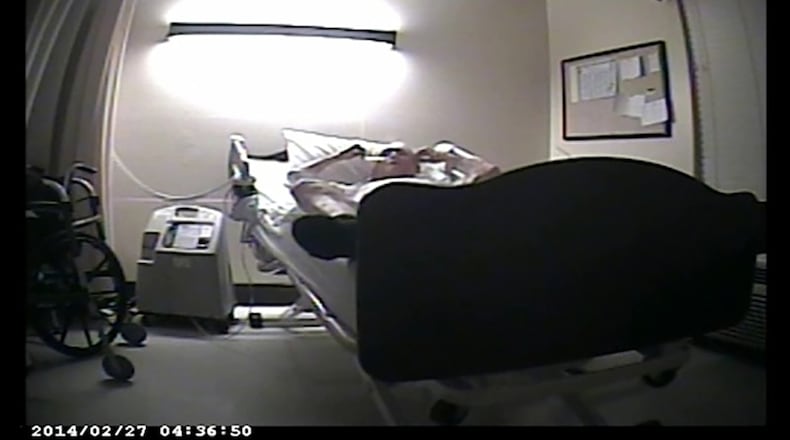In a significant decision involving senior care and privacy, the Supreme Court of Georgia ruled Monday that hidden camera footage capturing a nursing home resident’s final hours was recorded legally and could be used in a criminal case against his caregivers.
WWII veteran James Dempsey was recovering from hip surgery at a nursing home in 2014 when he told his son that “strange things” were taking place at the facility. So his son placed a hidden camera in his room at Northeast Atlanta Health and Rehabilitation Center. The camera, hidden inside a clock radio, ended up recording what prosecutors say was a crime: nursing staff failing to respond as Dempsey repeatedly pleaded for help, saying he could not breathe.
He soon became unresponsive and died.
Wanda Nuckles, who worked at the nursing home and was criminally charged, had argued that the recording was not admissible in her case because she did not consent to be recorded. Georgia law makes it illegal to record the activities of another person, in a private place, unless they consent.
But the Georgia Supreme Court said in its unanimous decision that the 2014 recording was admissible because it falls within an exception provided under Georgia law. That exemption allows recordings by those who own or occupy a property, and the court found that Dempsey had the legal right to occupy his part of his room.
Without the video, prosecutors would have difficulty proving the case. Nuckles, a former LPN, was charged with depriving an elder person of essential services. Another worker was charged with felony murder and neglect to an elder person, and a third worker was also charged with elder neglect. All three women were also accused of concealing the death of another.
The ruling may allow more leeway for families to install hidden cameras in long-term care facilities. The Georgia General Assembly has previously blocked a bill that would have allowed families to keep tabs on loved ones in nursing homes through so-called “granny cams.”
The Georgia Health Care Association, which represents the state’s long-term care industry, filed an amicus brief in support of Nuckles’ argument that the recording was illegal. While saying it found the actions on the video “appalling” the association said allowing the video could usher in “an environment of eavesdropping in all facets of health care and other aspects of our daily lives.”
Senior advocates, however, praised the decision. “This case was a tragic situation for the resident who died. He is not able to say what happened, but the video is able to speak for him and expose the staff failing to help him when he needed them most,” said Melanie McNeil, Georgia’s Long-term Care Ombudsman. “The ruling underscores the fact that the nursing home is the resident’s home, and falls within that exception in state law to allow the resident to record what is happening in his or her room.”
Kathy Floyd, executive director of the Georgia Council on Aging, described the decisions as a “needed bit of very good news.”
“This transparency is even more important during this pandemic,” Floyd said.
About the Author
Keep Reading
The Latest
Featured




